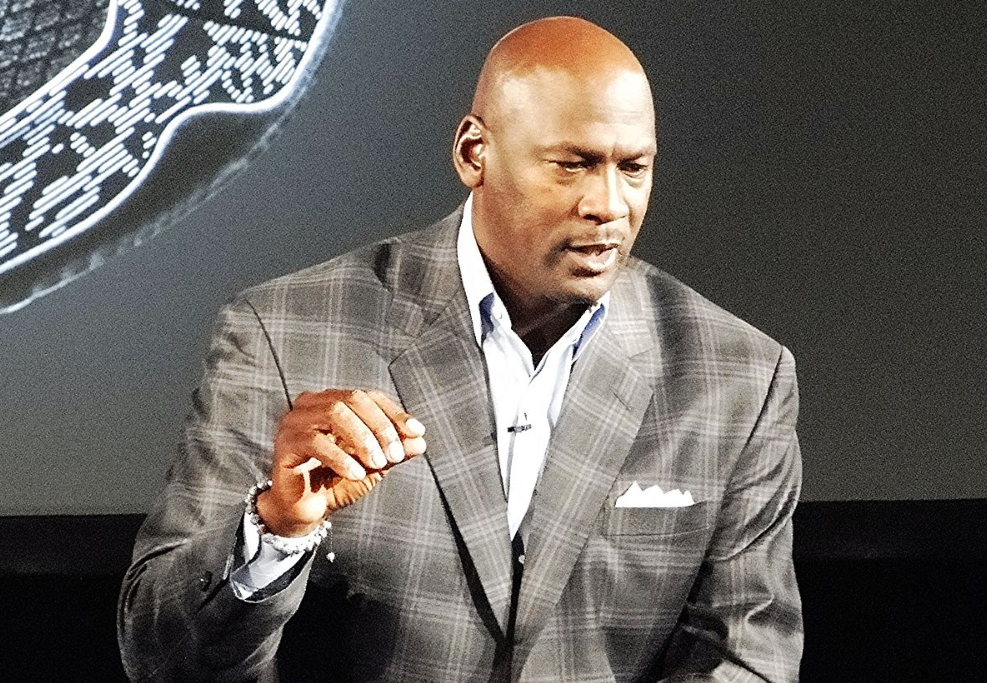The phenomenon of increased sexual activity among athletes during the Olympics has intrigued many, and former Olympian Susen Tiedtke offers some insights. Competing on such a grand stage can significantly heighten an athlete’s physical and emotional state, leading to a surge in hormones like adrenaline, serotonin, and dopamine. These chemicals not only enhance performance but also increase sexual desire and arousal. Tiedtke explains that athletes are at their physical peak during the Olympics, and once their competitions are over, they seek to release the pent-up energy, often through sex.
Psychologist Tammy Nelson supports this view, highlighting that the combination of adrenaline and dopamine during high-pressure events can suppress stress and heighten feelings of pleasure and confidence. This biochemical response can intensify sexual desire as athletes look to celebrate their achievements and relieve tension. Winning a medal or setting a new record can result in unprecedented levels of serotonin, boosting happiness and further fueling the drive for intimate encounters.

The environment of the Olympic Village, where athletes from around the world are brought together, also contributes to this behavior. The isolation from the outside world, combined with the shared experience of intense competition, fosters a unique atmosphere where athletes can bond and seek comfort in each other. The provision of condoms since the 1980s highlights the recognition of this behavior and the need for safe practices.
Ultimately, the heightened sexual activity among Olympians can be attributed to a mix of physical peak, emotional highs, and the unique, high-pressure environment of the games. This natural response to stress and achievement underscores the human aspect of even the most elite athletes.




